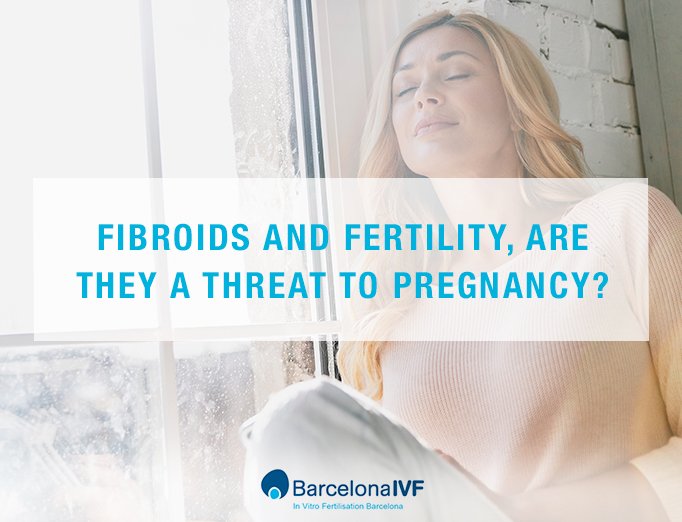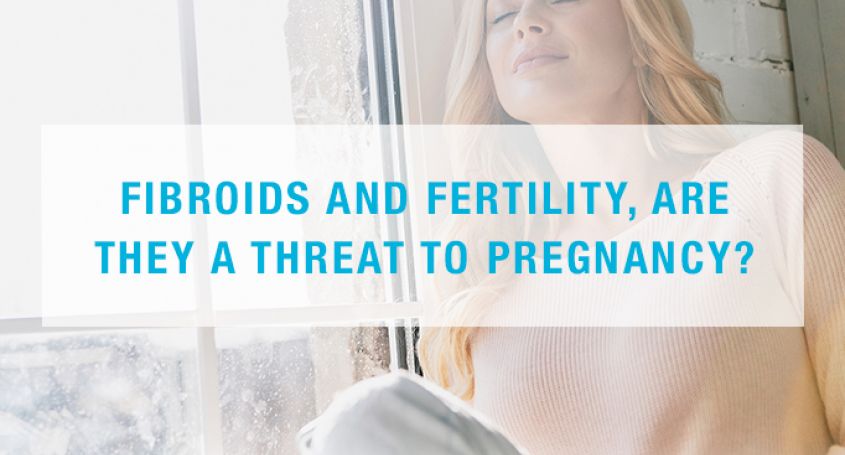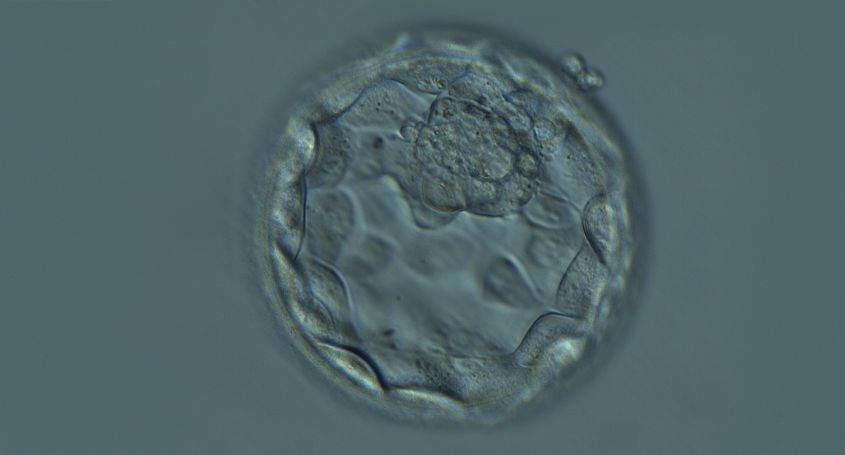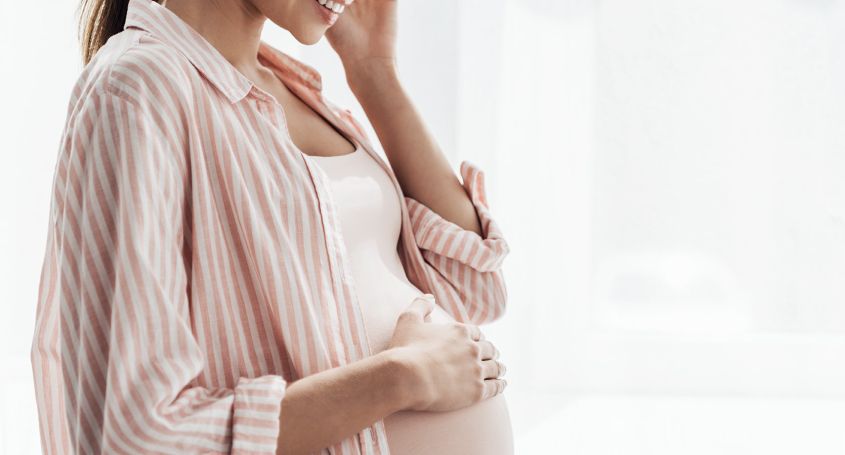
Uterine fibroids are quite common. Studies have shown that between two to four out of 10 women will develop fibroids at some point in their life, especially in their thirties and more frequently in their forties.
Fibroids are benign tumors created out of muscle tissue and we can see one or more at the same time. Both symptoms and treatment depend on size and where they are located. While in some cases an intervention is not needed, other times it is recommended we get rid of them using chirurgical procedures to end their symptoms thus allowing pregnancy.
Types of fibroids:
Subserosal fibroids: located outside of the uterus and thus not affecting fertility at all.
Intramural fibroids: located inside the uterus wall, which can be problematic if they are more than 5cm.
Submucosal fibroids: those located in the endometrial or uterine cavity. As they are in direct contact with the endometrium they can lead to menstrual alterations (heavy bleeding or bleeding outside of the cycle) which can lead to anemia. These can also prevent a pregnancy from taking place since in some cases it can make it harder for the embryo to implant itself and lead to miscarriages. Therefore, and considering they can be painful, it is always recommendable to extract them once they have been diagnosed, especially amongst these women who wish to get pregnant.
What are the symptoms of fibroids?
We often do not see symptoms but if there are any the most common are:
- Abundant, long and painful menstruation
- Bleeding in between menstruation periods
- Pelvic pain
- Bloated stomach
- Feeling of pressure in bladder, rectum and ureter.
- Pain during sexual intercourse
When fibroids lead to important symptoms or their size is too big, they can lead to complications to achieve a pregnancy or during the pregnancy. Therefore they must be removed.
How do fibroids affect fertility?
One of the reasons linking fertility issues with fibroids is that they can even obstruct the fallopian tubes, preventing the fertilization of the egg. On the other hand, continued miscarriages can also be explained due to their presence.
Diagnosis is easy. Annual check-ups at the gynecologist, through a scan, can detect the fibroids presence and size.















